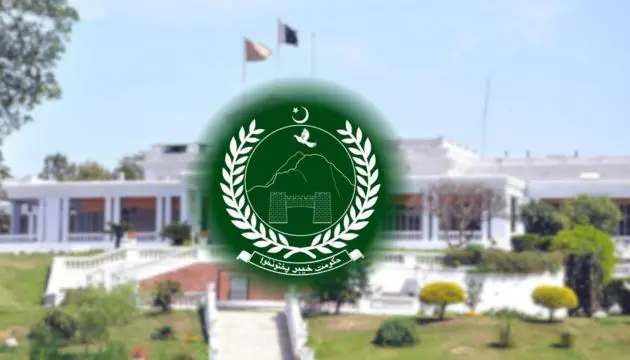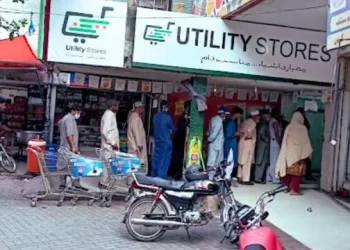PESHAWAR: The Khyber Pakhtunkhwa government has confirmed a plan to expand the Targeted Instruction Pakistan (TIP) programme to all 27,000 public primary schools, beginning this academic year.
According to the details, TIP trains teachers and supplies easy‑to‑use workbooks so they can group pupils by skill level, check progress, and adjust lessons to each child’s needs.
During pilots in Peshawar and Mardan, the approach showed striking results: after just 40 school days, TIP pupils learned as much English, Urdu and maths as classmates normally cover in three extra months.
The success is vital for Pakistan, where 77 percent of 10‑year‑olds cannot read a simple sentence. A large study by the Centre for Economic Research in Pakistan (CERP), carried out with the KP Elementary and Secondary Education Department (E&SED), found TIP to be a practical answer.
“The power of TIP is in its clear method, ability to grow, and solid evidence,” said Prof Tahir Andrabi, lead researcher and CERP co‑founder. The team ran a randomised control trial with 7,000 teachers and 200,000 pupils and saw “substantial learning gains” without adding to teachers’ workload or school costs.
— ALSO READ —
PTI loses reserved seats in Supreme Court’s closely split ruling
KP’s Directorate of Curriculum and Teacher Education and its Directorate of Professional Development will embed TIP in regular schooling.
Masood Ahmad, KP E&SED Secretary, said today’s five‑year‑olds must be ready for challenges they will face at 20. “We have to make learning the tool that lets them shape their own lives,” he added.
Global experts attending the launch agreed. Noam Angrist of the What Works Hub for Global Education said researchers will study how best to scale reforms while helping governments act “in real time.”
CERP now plans to expand TIP nationwide. The Federal Directorate of Education will introduce TIP workbooks during “Numeracy Hour” in Islamabad schools, and pilots in Balochistan will reach more districts.
Maroof A. Syed, CERP President and CEO, told participants the next step is to close the gap between research and classroom practice. “We need an ongoing learning loop built into government delivery systems,” he said, “so evidence turns swiftly into action.”














